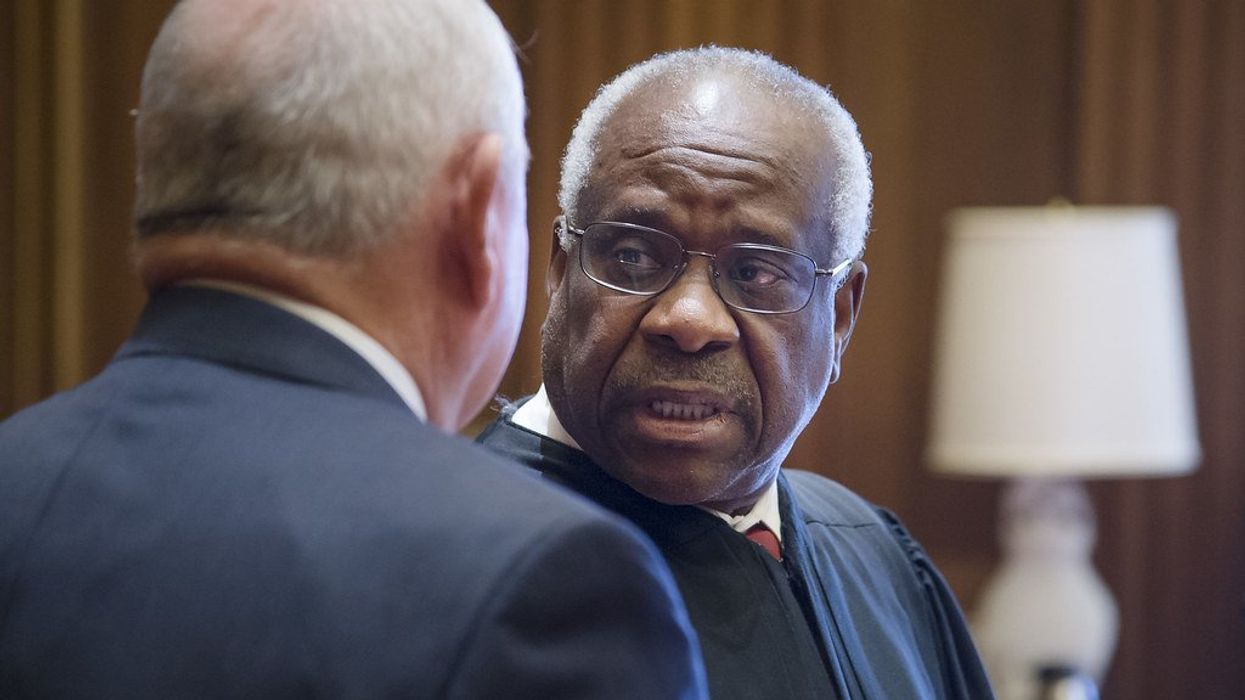Trump could empower the Supreme Court to gut the First Amendment: analysis


There is already a growing bloc on the right flank of the Supreme Court that wants to cripple key elements of the First Amendment, warned Ian Millhiser for Vox — and if former President Donald Trumpis given another term, he could possibly add enough justices to let that actually happen.
It comes down to a pair of key rulings from the 1960s: Brandenburg v. Ohio, which protected political agitators' right to speech, and New York Times v. Sullivan, which limited the government's right to sue the news media — a practice long used by segregationists to suppress the Civil Rights Movement.
Before that point, Millhiser wrote, free speech existed as an idea, but not a court-enforced reality: "Dissidents were commonly thrown in prison, often for many years, when the government disagreed with their views. Near the end of World War I, the great union leader Eugene Debs was sentenced to 10 years in prison for giving a speech opposing the draft, and his conviction was upheld by a unanimous Supreme Court. In 1951, as Sen. Joseph McCarthy was ramping up his witch hunts against suspected communists, the Supreme Court blessed his and similar efforts by upholding the convictions of several individuals who did nothing more than try to organize a (wildly unsuccessful) Communist Party in the United States."
Today, the First Amendment truly protects protesters and journalists — and for now, the Supreme Court has a majority upholding this. But some far-right Supreme Court justices want to turn back the clock.
"Justice Samuel Alito, in a pair of opinions joined by Thomas and Gorsuch, spent the last two years unsuccessfully fighting in favor of laws that seem designed to challenge the modern understanding of free speech," wrote Millhiser. "These two cases, known as Netchoice v. Paxton (2022) and Moody v. Netchoice (2024), concerned Texas and Florida laws that would essentially allow the Republican governments of those states to seize control of content moderation at major social media outlets like Facebook or YouTube." Ultimately, the court reined in these laws — but these three justices wanted them to stand.
And it's not hard to envision Trump would appoint more justices who agree with them. On the campaign trail, he has vowed to "open up our libel laws" to let reporters be sued over their stories, and he also suggested deporting the students who protested the Israel-Hamas War on college campuses earlier this year.
"If Trump wins, and if he gets to fill just two more seats on the Supreme Court, Americans could swiftly lose First Amendment rights that have been secure for nearly six decades," Millhiser wrote.